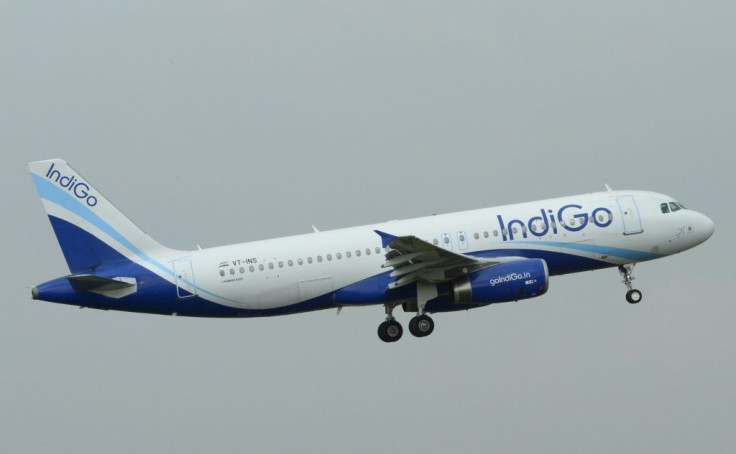Airbus Gets Orders For Record 300 Aircraft From India's IndiGo Airline

India's budget airline IndiGo has placed an order for 300 airbus A-320neo-family jets worth at least $33 billion, making it the European plane maker's biggest order ever from a single carrier, Reuters reported.
The deal includes the newest jet from Airbus, a long-range A-320neo called the A321XlR. This will bolster the airline's aircraft count to a total of 730 new orders. All of them are Airbus models, thus making it the world's biggest customer for these planes.
“This order is an important milestone, as it reiterates our mission of strengthening air connectivity in India,” said IndiGo CEO Ronojoy Dutta.
The order comes on the heels of multiple issues being faced by American aircraft manufacturer Boeing after its 737 MAX was grounded following two deadly crashes that killed 346 people. Airbus and Boeing compete directly on the European market. The Indian airline has been shopping around for new aircraft, and it would appear that Boeing has fallen out of favor.
In June, IndiGo dropped its original engine supplier, United Technologies, a division of Pratt & Whitney, to go with French-U.S. joint engine venture CFM by agreeing to buy more than 600 engines to power the new Airbus planes already on order, at a a record $20 billion.
The airline had posted quarterly losses recently, citing problems surrounding the engines on their current fleet. This is an excellent move for the airline because it shows that it is putting safety ahead of the bottom line.
In 2011 IndiGo started placing orders with Airbus in large numbers, and those planes are now joining their aging Fleet. This recent order won't be completed until midway through the next decade. It is going to allow the airline to cycle new aircraft in and cycle older planes out.
With a new set of aircraft and new engines to power them, IndiGo appears to be primed to recover any losses sooner than later.
© Copyright IBTimes 2025. All rights reserved.






















